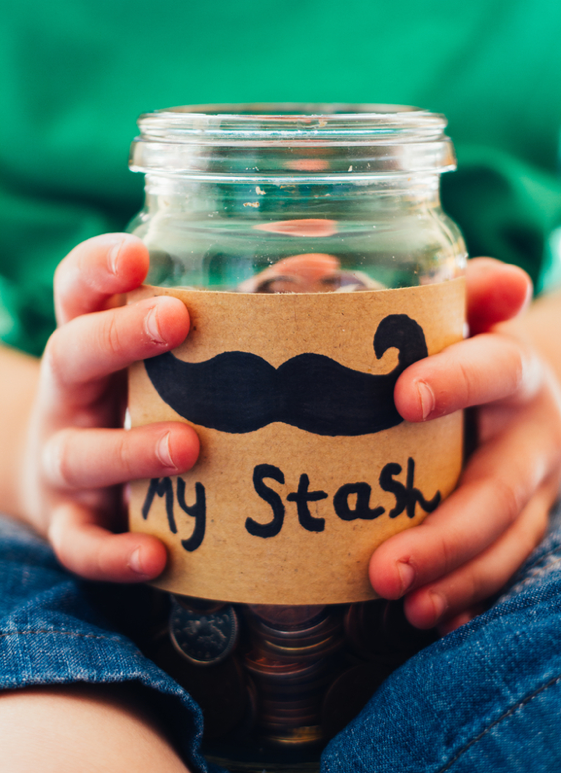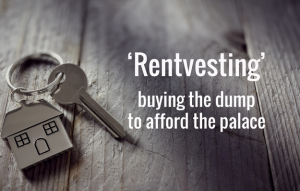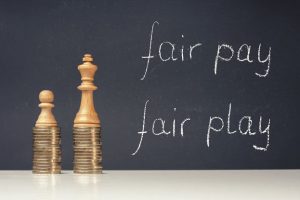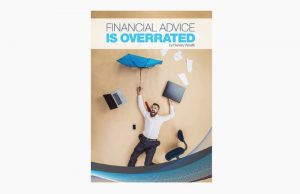From the day we start school (if not before), we’re told that we are all unique examples of the roughly 100 billion humans who have walked the earth.
If this was the case then why are we all so consistent, predictable and almost boring when it comes to money? It affects us all on such a subliminal and primordial level that we keep following each other down the rabbit hole, making the same mistakes over and over again.
- We buy when it’s easy, and sell when it’s difficult.
- We take advice from journalists intent on selling copy instead of educating us.
- We get debt advice from those who profit from it.
- We make life-changing decisions with our hearts instead of our heads.
A university student can enjoy life and travel the world working behind a bar. So how can the same person be living pay cheque to pay cheque 20 years later when they’re earning a small fortune?
Just think what life would be like if you exercised your university student frugalness with the money you’re earning now. Imagine how much healthier and happier you and your family would be, and the quality of the photos scattered around your home.
But instead:

We’ve become a society that takes what it wants, when it wants it. One day, while we’re single and travelling the world, we look enviously at our married friends buying houses. So we get married and let a bank buy a house for us.
But the bank’s house isn’t as nice as our next-door neighbour’s, so we let them give us more money so we can renovate.
Then we see our single friends travelling the world and decide we need a break from our mortgage and the stress of the renovations. So we whip out our already overstretched credit card and book a trip to Hawaii.
It’s madness! Our burning desire to accumulate inanimate objects is getting in the way of us living interesting and meaningful lives with our friends and family. So how do we break down the human psyche, and start doing something positive?
The first step in solving any problem is to admit you have one. If you were born after 1960, chances are you have a problem, but you’re far from the only one going through it. Studies have found that people are far less inclined to buy something if they only have cash in their wallet/purse. Makes sense doesn’t it, humans don’t feel like they’re actually spending money if they use credit (cards, loans or leases). Studies have also found that impulse spending and buying things you don’t need are heavily linked to your self-esteem. A short-term fix with lasting implications as I’m sure that lease will last well beyond the new car smell.
Accountability is the only true way to solve these problems. Hopefully you’re disciplined enough to set targets for yourself and track your progress over time. There’s hundreds of ways of doing this effectively, Xero (Online Accounting Software) is our preferred method. But if you did have the discipline to do this yourself, you probably wouldn’t have an issue in the first place. The alternative is to engage someone to hold you accountable, just like a personal trainer holds you accountable to continue your exercise program.
Finally, embrace and celebrate your achievements. Unless you can visually see the positive affects your more frugal behaviour is having, you’re bound to fall into old habits. If however you can see the financial and feel the emotional impact of your actions (financial security and direction) you’re almost guaranteed to stay the course.
When it comes down to it, we only have 40 years (25 to 65) to make our fortunes. And in that time we have to right the wrongs of the first 25 years and provide for our final 25. Forget the things you can’t control and focus instead on the one things you can control—your behaviour—do this and sky’s the limit.



